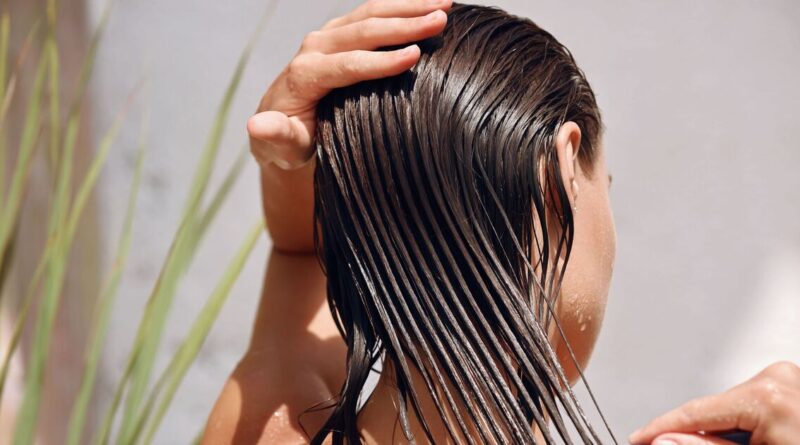Expert shares 5 foods you must eat for ‘healthy’ hair during winter
As the cold winter months set in, the drop in temperature and humidity can wreak havoc on hair, leaving it dry, frizzy, and prone to breakage.
A good hair care routine starts with what individuals put in their bodies, and consuming the right nutrients can help hair withstand the harsh conditions of winter.
Sam Cinkir, CEO of leading skin and hair specialists Este Medical Group said: “Just like skincare, haircare starts from within. The right nutrients can make all the difference in keeping your hair vibrant and resilient, no matter the season. While many factors contribute to maintaining healthy hair, our diets certainly play a role.
“For example, failing to eat enough protein risks hair becoming dry, brittle and weak. Iron is also vital for healthy hair as it helps maintain a rich blood supply to the follicle and root.
“Other nutrients most associated with healthy hair growth include vitamin D, vitamin C and zinc, and we must eat a varied diet including these vitamins.”
The expert has shared five foods that Brits should be including in their diet for healthy, vibrant hair during the colder months.
1. Salmon
Salmon is a powerhouse of omega-3 fatty acids, which are essential for nourishing the scalp and maintaining hair strength. Omega-3s help improve the elasticity of hair, reducing breakage and making it more resistant to the harsh winter air.
This fatty fish is also rich in protein and vitamin D, both of which are critical for hair health.
Healthy fats like omega-3s are essential to keeping your hair hydrated and strong, especially in winter when dry air can sap moisture from your scalp.
2. Eggs
Eggs are one of the best sources of biotin, a B vitamin that plays a crucial role in hair growth and strength. A deficiency in biotin can lead to hair thinning and breakage, which can be exacerbated by winter’s cold weather.
They provide a high-quality protein, which is important for maintaining the hair’s structure and preventing split ends.
Eggs are also packed with essential nutrients like selenium and zinc that promote scalp health, ensuring your hair stays strong and healthy.
3. Sweet potatoes
Sweet potatoes are packed with beta-carotene, which the body converts into vitamin A. This stimulates the production of sebum, a natural oil that moisturises the scalp and prevents dryness, a common problem in winter.
Without adequate sebum, the scalp can become dry and flaky, leading to dandruff and weak hair. Sweet potatoes can also help keep your hair soft and shiny, providing a natural glow despite the winter’s drying effects.
4. Nuts and seeds
Nuts like almonds and walnuts, along with seeds like flax seeds, are excellent sources of vitamin E, which improves blood circulation in the scalp, promoting hair growth and preventing hair loss.
These foods are also rich in omega-3 fatty acids, which nourish the scalp and reduce inflammation, keeping hair follicles healthy. Zinc is also found in these nuts and can help protect hair from winter-related thinning and dryness.
5. Spinach and leafy greens
Leafy greens like spinach are loaded with iron, a vital mineral for maintaining strong hair follicles. Iron deficiency can lead to hair thinning and shedding, especially during the colder months when circulation to the scalp can be reduced.
Spinach also provides vitamin C, which aids in iron absorption, and vitamin A, which keeps the scalp moisturised and supports overall hair health.





